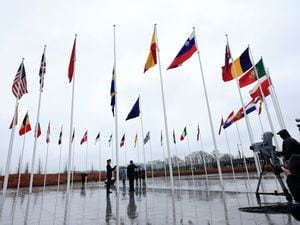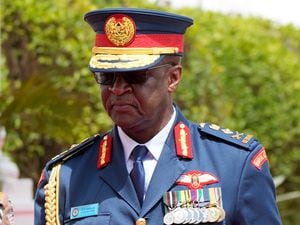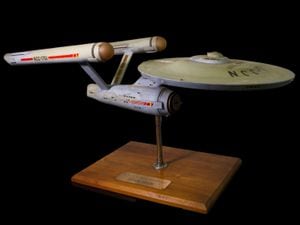More pilot whales rescued from Australia’s worst mass beaching
The total number saved now sits at 88, while attempts are being made to free 20 others in Tasmania.

Authorities have rescued 88 pilot whales and are attempting to free 20 others that survived Australia’s worst mass stranding.
It comes as crews prepare to remove 380 decomposing carcasses from the shallows of Tasmania state.
The 20 whales that are still alive were found on the fourth day of the rescue operation, Tasmania Parks and Wildlife Service manager Nic Deka said.
“Whenever we’ve got live animals that have a chance and we have the resources, then we’ll certainly give in a go,” he said.
Almost 500 whales were discovered on Monday and Wednesday beached on the shore and sand bars along the remote west coast of the island state near the town of Strahan.
The task of removing hundreds of tonnes of whale carcasses begins on Friday and is likely to take days, Marine Conservation Programme wildlife biologist Kris Carlyon said.
Methods under consideration include towing the carcasses or loading them on barges to take them out to sea to be dumped somewhere where they will not drift ashore or create navigational hazards.
Mr Carlyon said rescue crews are working 12-hour days.
“Everyone’s tired, feeling the fatigue, long days,” he said.
“The emotional toll can be significant.”
Why the whales ran aground is a mystery. Theories include the pod following sick whales or making a navigational error.
Tasmania is the only part of Australia prone to mass stranding, although they occasionally occur on the mainland.
Australia’s largest stranding had previously been 320 pilot whales near the Western Australia town of Dunsborough in 1996.
Tasmania’s previous largest stranding involved 294 whales on the north-west coast in 1935.





